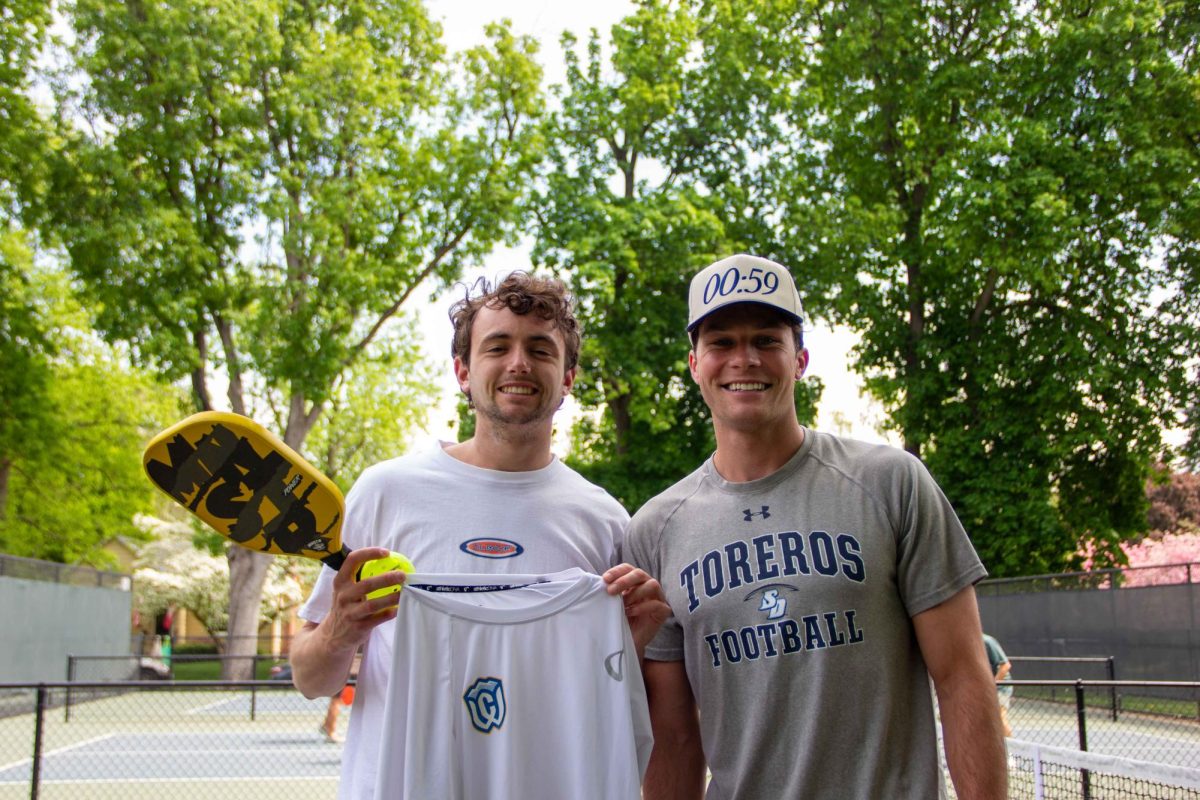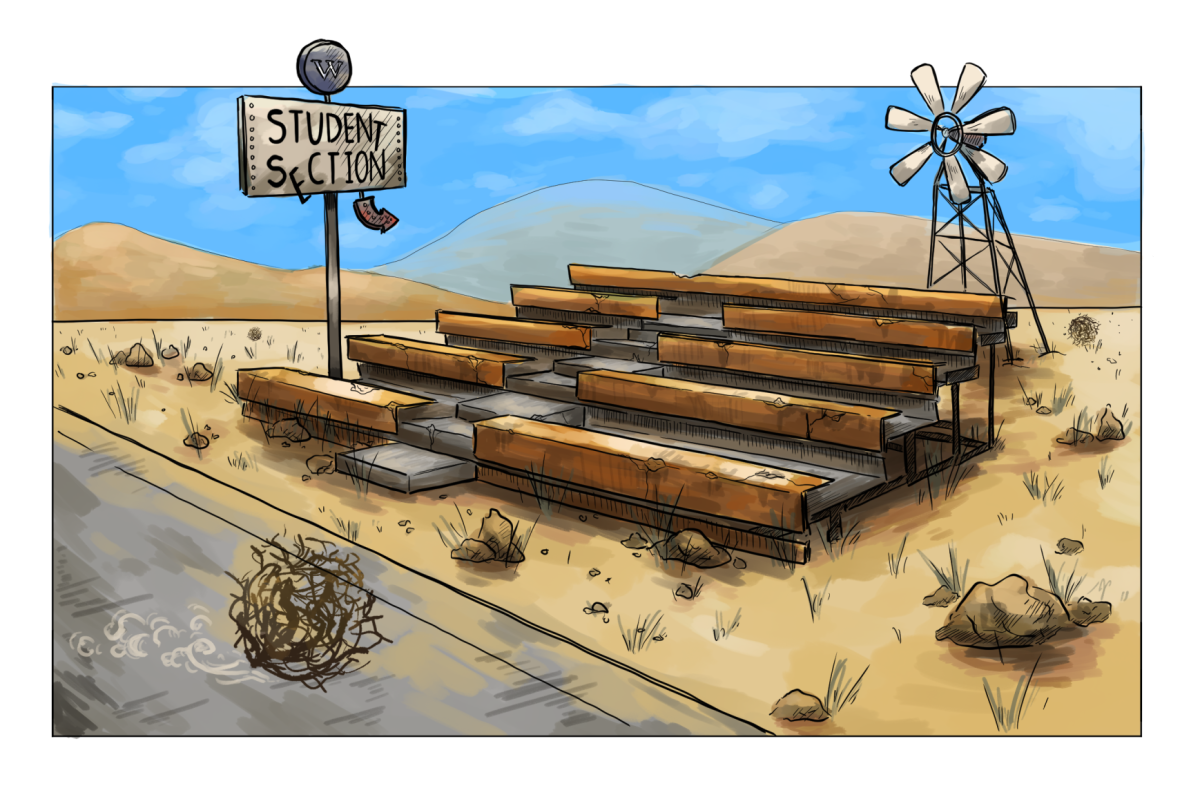Many Whitman seniors conducted year-long thesis research as part of their major’s graduation requirements. The Pioneer sat down with three members of the graduating class to discuss their projects, the scope of their research and results.
Colin Strong
History
Water and Power: A History of Large Dam Construction in Yunnan, China 1980 – 2010

“My thesis is on the history of large dam construction in contemporary China. Specifically, I’m looking at large dam construction in one province called Yunnan … Basically I’m using dams to look at the history of the hydropower industry there, and how China’s economic development relates to dam construction … Junior year, I had a class called Global Water Scarcity that was taught by a visiting lecturer, and [that class] got me really interested in water politics … While I was in China [studying abroad], I took an environmental studies class … One of the problems we talked about was dams. We talked about them as international problems because the Chinese are damming international rivers, like the Mekong River … As history theses go, I think mine is very applicable to contemporary life and politics. Dam construction is tied up in China’s burgeoning green movement … [and] the fact that there’s such contention over managing these trans-boundary rivers is something we’re going to see more and more in the 21st century, because the environment doesn’t care about politics … I’m going to Oxford [after graduation] and studying water science, management and policy … History as a subject doesn’t really ever limit you.”

Annie Watters
Sociology
[INSERT YOUR DEFINITION OF HAPPINESS HERE]: A Sociological Investigation of the Individual, Interactional and Cultural Construction of Happiness in the United States and Ghana
“I studied abroad in Ghana … [where] I did [a] research [project] on happiness. I … took that research back here and continued it for my senior thesis … Basically I broke it up into individual, interactional and cultural understandings of happiness. In Ghana, I did interviews and got a whole bunch of people to basically define [happiness] and tell me how they understand it, [and] then here I did a survey [of] Whitman students … There’s a lot of research … about how emotions can develop differently between societies that are focused more on the individual compared to the community. In an individualistic society, there are certain things that are valued more or will develop differently … The big cultural distinction that came out of this [was that] in the United States we pursue happiness … we’re always actively working towards happiness, and that was reflected … in what I was finding. In Ghana, that wasn’t necessarily there … happiness just kind of was––a state of mind or a state of being that didn’t have a lot of emphasis. What I found [at Whitman] was that 81 percent of students thought there was a difference between daily and lifelong happiness, and in Ghana, that distinction didn’t exist.”

Marie O’Grady
Biology
Iron-Induced Corallimorph Phase Shift on Palmyra Atoll
“I worked with the U.S. Fish and Wildlife Service [in Honolulu] over the summer, and while I was there I came across a really interesting project … There’s a shipwreck on Palmyra Atoll, one of the refuges they’re in charge of. In the area surrounding the wreck, there has been a dramatic increase in the population of corallimorphs … due to iron leaching from the wreck. I was able to get some water samples from Palmyra and bring them back here, and with the help of [Chemistry] Professor Dunnivant, I was able to measure iron concentrations in those samples … I definitely didn’t see myself doing research before starting this project. But once I got into it and started doing research and data analysis, I definitely saw that I maybe did have some sort of interest in research later on … I got to work with a lot of different people [during my research] … I got a lot of help from my thesis advisers [Professors Cooley and Molitor]. Even though I didn’t prove my particular hypothesis … with the results that I got, if someone were to continue doing research on the black reefs, it could help guide their research.“












